By Sandy Ryan
Pop quiz: How many resumes does Level Legal receive for every document review job posting?
a) Two.
b) 20.
c) 200.
Sharp test takers will have guessed the answer is 200.
In today’s competitive job market, standing out from the crowd is more important than ever. A well-written and well-organized document review resume can be the key that unlocks career success. Think of your resume as a personal brand tool, highlighting your “key value proposition” – as the marketers say – through accomplishments, skills, expertise, experience, and certifications.
In this post, we’ll cover what works, what doesn’t, and what else you need to know. Let’s get started.
What to Include
So, how can you craft a well-constructed document review resume that showcases your abilities and expertise? First, avoid using a pre-designed resume template. Instead, your resume should tell your story and reflect your best version to the audience.
Keep in mind; it’s perfectly fine to have more than one version of your resume tailored to the specific job you are applying for. In fact, it’s encouraged. To keep from rewriting everything every time, keep a “base” version of your resume with sections that never change, along with other parts you alter to fit the position in view.
What’s in the “base”? A project section that gives information on the duration of the projects, the type of cases and/or practice areas, platforms utilized, and any relevant skills used beyond 1L. That will help HR bots and recruiters like me search your resume for relevant experience, ensuring that you are not overlooked for work you could do. Consider each project entry like a journalist writing a hot story: Answer what, where, when, and for whom, in a uniform way throughout the document.
When it comes to document review work, show off your skills and experience. A well-crafted resume should demonstrate your ability to conduct substantive tasks, such as privilege review, QCing, privilege log, deposition preparation, name normalization, and more. Additionally, it will highlight your expertise in specific types of reviews, such as patent pharmaceutical, second requests, antitrust, SEC investigations, product liability, contract disputes, construction, and others, even if you are unable to provide specific details.
What to Exclude
If your document review resume starts to sound like a small book, relax. I can’t tell you how many things I’ve seen on resumes that just don’t belong there. Actually, I can. Keep on reading.
When crafting your document review resume, refrain from using the word “various agencies,” law firms, or projects. Avoid using one entry for five to ten years of experience on multiple jobs. This makes it hard to know when these subject matters were performed and for how long. Feel free to look at some resume examples. Note what’s not there. Also, bear in mind what I noted above about not using pre-designed resume templates. Use the examples as guides.
Steer clear of tables and grids on your resume, as those can gum up applicant tracking systems. If an ATS puts you in the “no” pile due to formatting issues, recruiters like me will likely never know about you.
When it comes to eDiscovery, it’s OK to have multiple pages in your resume. However, keep things concise, covering no more than five to seven years of experience is best practice. There’s no need to go back to the dark ages! Another thing to exclude is incorrect spelling; take special care with the names of companies and law firms. And if the organization was recently acquired, include both names.
Odds and Ends
My top recommendation is to keep a personal journal of all the projects you have worked on. This document can prove valuable in passing a conflict check for your next job. Don’t depend solely on your recruiter or staffing agency to provide this information; it’s highly confidential and important to you.
Also, refrain from mentioning the name of a specific case or customer in your resume. While you may provide a general description of the company, avoid specifying the name unless explicitly asked to do so in a conflict-form request.
As someone who has seen more document review resumes than I can remember, I can say with confidence that well-crafted ones can make all the difference. By creating a compelling document review resume, you can put your best foot forward and unlock greater career success. The results are worth the effort!
Looking for consistent review work at a company that cares about people? Reach out to us today.
Sandy Ryan is the senior director of recruiting at Level Legal. She was born a natural eDiscovery recruiter, although she took a circuitous route from the tiny island of Montserrat through the U.S. Army Reserve to become one officially. When she is not overseas with close family, she calls the East Coast home, often opening her home to share Montserrat’s national dish: goat water. Don’t knock it ’til you try it.


